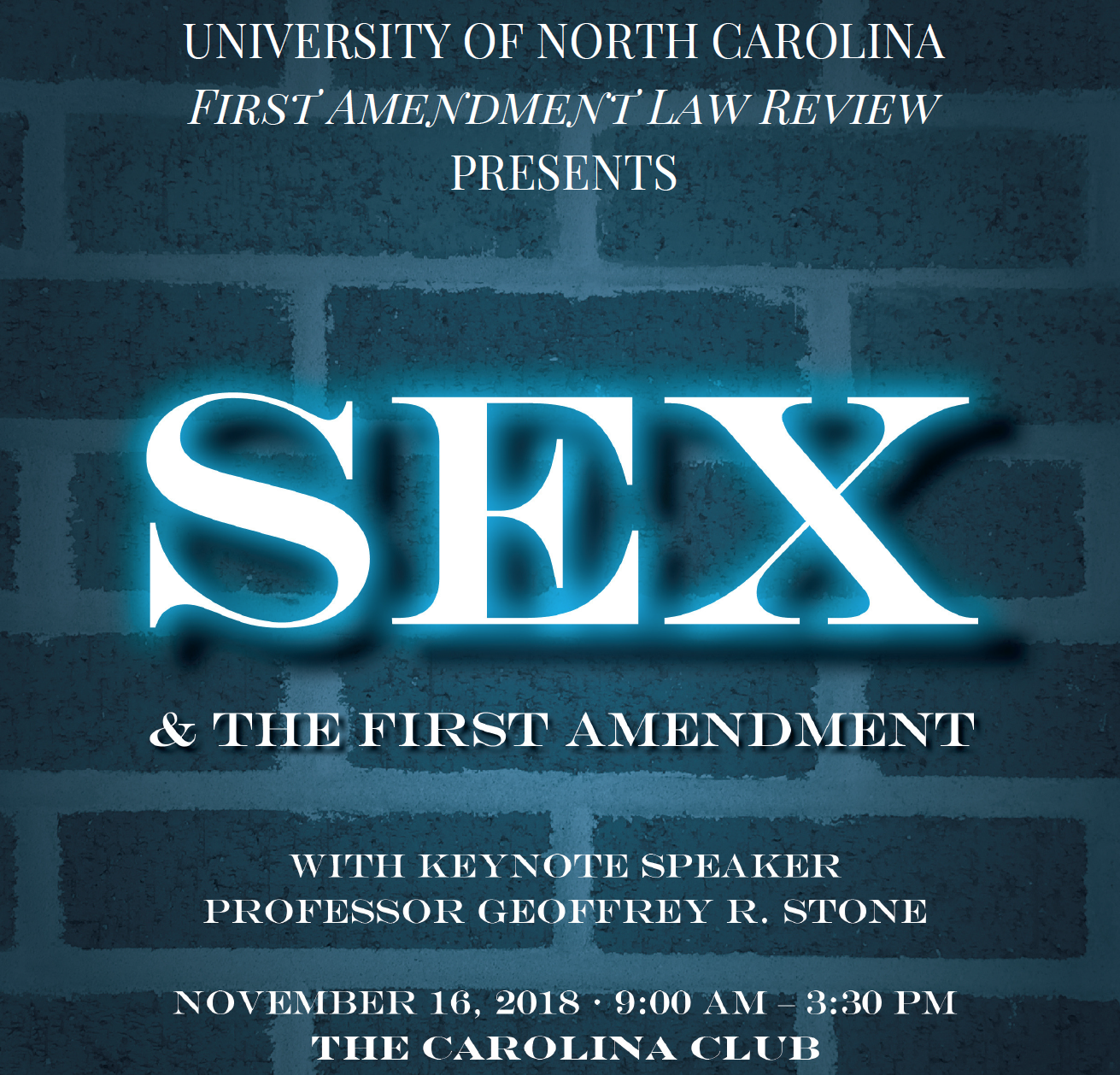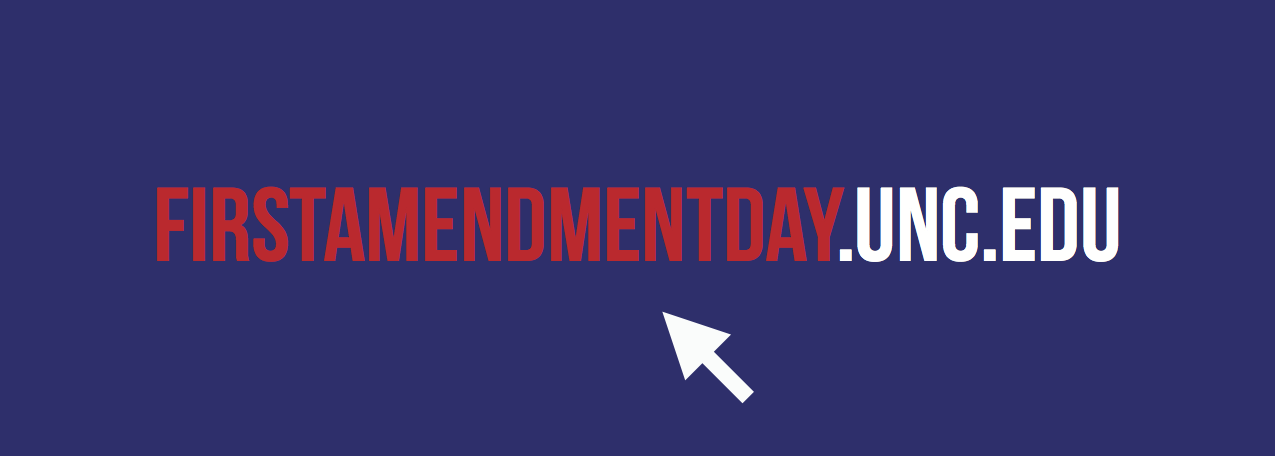 This blog post is part of a continuing series examining some of the latest academic scholarship in media law and related fields! Stay tuned for future updates.
This blog post is part of a continuing series examining some of the latest academic scholarship in media law and related fields! Stay tuned for future updates.
In “Body Cameras and the Path to Redeeming Privacy Law,” 96 N.C. L. Rev. 695 (2018), Woodrow Hartzog at Northeastern University School of Law argues that the intense debate over the implications of police body cameras is a golden opportunity to “redeem” privacy law. Hartzog suggests a number of opportunities for lawmakers, scholars, and judges to alter the traditional approaches to the doctrine of privacy, including changing the “reasonable expectation of privacy” standard and creating laws relating to body camera design. From his abstract:
From a privacy perspective, the movement towards police body cameras seems ominous. The prospect of a surveillance device capturing massive amounts of data concerning people’s most vulnerable moments is daunting. These concerns are compounded by the fact that there is little consensus and few hard rules on how and for whom these systems should be built and used. But in many ways, this blank slate is a gift. Law and policy makers are not burdened by the weight of rules and technologies created in a different time for a different purpose. These surveillance and data technologies will be modern. Many of the risks posed by the systems will be novel as well. Our privacy rules must keep up.
In this Article, I argue that police body cameras are an opportunity to chart a path past privacy law’s most vexing missteps and omissions. Specifically, lawmakers should avoid falling back on the “reasonable expectation of privacy” standard. Instead, they should use body cameras to embrace more nuanced theories of privacy, such as trust and obscurity. Trust-based relationships can be used to counter the harshness of the third party doctrine. The value of obscurity reveals the misguided nature of the argument that there is “no privacy in public.”
Law and policy makers can also better protect privacy by creating rules that address how body cameras and data technologies are designed in addition to how they are used. Since body-camera systems implicate every stage of the modern data life cycle from collection to disclosure, they can serve as a useful model across industry and government. But if law and policy makers hope to show how privacy rules can be improved, they must act quickly. The path to privacy law’s redemption will stay clear for only so long.
Social media companies are ultimately for-profit corporations; regulations that may seem commonsense for First Amendment protections can often end up harming these companies’ bottom line. Jack M. Balkin, Knight Professor of Constitutional Law and the First Amendment at Yale Law School, proposes financial penalties to counteract the “bad incentives” of social media companies in “Fixing Social Media’s Grand Bargain.” Yale Public Law Research Paper 652 (2018). From the abstract:
To regulate social media in the twenty-first century, we should focus on its political economy: the nature of digital capitalism and how we pay for the digital public sphere we have. Our digital public sphere is premised on a grand bargain: free communications services in exchange for pervasive data collection and analysis. This allows companies to sell access to end users to the companies’ advertisers and other businesses.
The political economy of digital capitalism creates perverse incentives for social media companies. It encourages companies to surveil, addict, and manipulate their end users and to strike deals with third parties who will further manipulate them.
Treating social media companies as public forums or public utilities is not the proper cure. It may actually make things worse. Even so, social media companies, whether they like it or not, have public obligations. They play important roles in organizing and curating public discussion and they have moral and professional responsibilities both to their end users and to the general public.
A reinvigorated competition law is one important way of dealing with the problems of social media. But this essay also emphasizes a second approach: new fiduciary obligations that protect end-user privacy and counteract social media companies’ bad incentives.
Mitchol Dunham at the University of Denver Law School suggests the need for an updated Stored Communications Act to accommodate “current and emerging technology” in “Arbitrary and Outdated: Reforming the Stored Communications Act.” 83 Cybersecurity, Data Privacy & eDiscovery Law and Policy eJournal (2018). From the article’s abstract:
In 2018, the Supreme Court of the United States had the opportunity to revisit the Stored Communications Act and decide the question of whether the Act could be applied extraterritorially. Instead of answering the question directly, the Court left the question for Congress to decide. Congress took this opportunity and passed the CLOUD Act, legislation that acts more as a temporary fix instead of addressing the real issue: the Stored Communications Act no longer properly accommodates modern technology. This article begins with a reading of the Stored Communications Act, describing the limits of law enforcement’s ability to obtain a warrant, including the seemingly arbitrary decisions that Congress made with respect to certain kinds of data. The article then analyzes the issue that Congress addressed through the CLOUD Act and how the paradigm shifted for extraterritorial data before turning to a different example of where the Stored Communications Act falls short: distributed storage technology. The article provides a detailed examination of how this technology works and why it does not fit within the CLOUD Act paradigm. Finally, the article concludes that the Stored Communications Act cannot be fixed through patchwork legislation; instead, the entire Act needs to be reformed to accommodate current and emerging technology. The article recognizes that although there are two diametrically opposed approaches that Congress can take, a privacy-first approach is preferable and better supported both historically and when examining society’s utilization of the internet.
Come back soon for another update!
Research graphic by Nick Youngson licensed under CC BY-SA 3.0 from Alpha Stock Images.

 In a lecture delivered in 2008, University of Chicago professor
In a lecture delivered in 2008, University of Chicago professor 